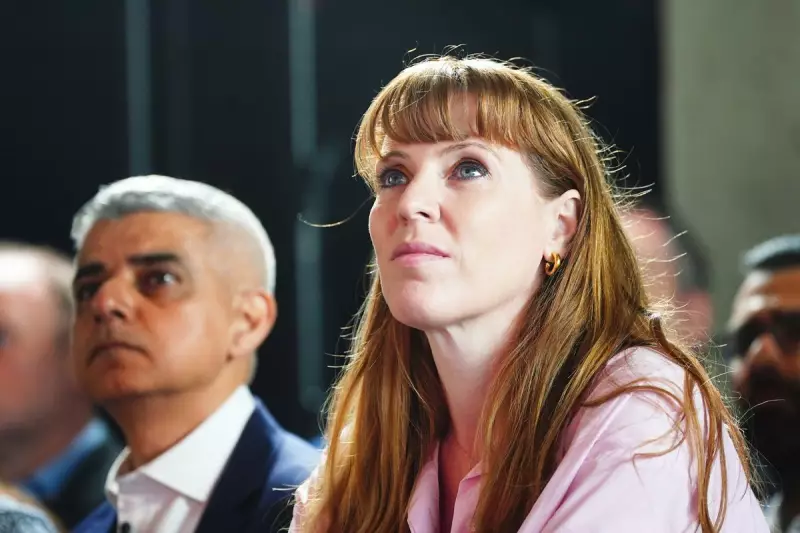
A significant rift within the Labour Party has been exposed as Deputy Leader Angela Rayner and London Mayor Sadiq Khan found themselves at odds over the party's strategy for devolving power to England's regions.
The public disagreement emerged following comments made by Rayner, who appeared to suggest that not every area of England needs or wants a high-profile, directly elected mayor like those in Manchester or London. This stance puts her in direct conflict with Mayor Khan, a prominent advocate for the devolution model.
The Core of the Disagreement
Rayner, who also serves as Shadow Levelling Up Secretary, emphasised a more flexible approach, stating that devolution should not be a "one-size-fits-all" solution. She argued that different regions have unique needs and that local leaders should have the autonomy to choose the governance model that works best for them, whether it's a mayoral system or a combined authority led by councillors.
In contrast, Mayor Khan has been a staunch defender of the mayoral system, crediting it with giving cities like London a powerful, clear voice and the ability to drive significant change. He has consistently argued that strong, visible leadership is crucial for attracting investment and effectively tackling regional challenges.
Implications for Labour's Policy
This public spat highlights a key tension within Labour's policy-making framework as the party prepares for a potential general election. The debate centres on:
- Centralism vs Localism: The balance between a strong central government and empowered local authorities.
- Political Identity: Whether powerful regional mayors create a competing power base within the party.
- Electoral Strategy: How to appeal to voters across diverse regions with different governance preferences.
The outcome of this internal debate could significantly shape Labour's manifesto and its approach to governing England if it wins the next election.





